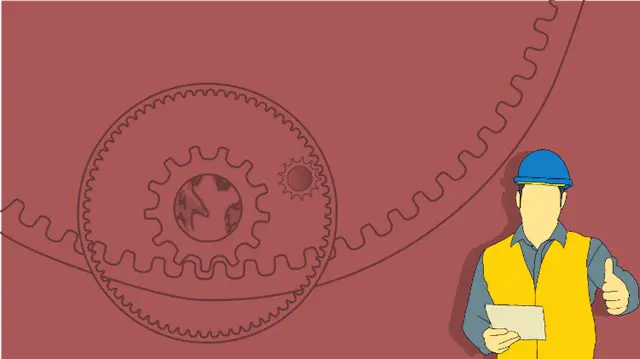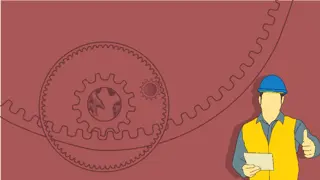
100+ Mechanical engineering Interview questions
More than 100 interesting question and answers from various Mechanical engineering subjects - Get Interview ready
J. Aatish Roa
Summary
- Reed Courses Certificate of Completion - Free
- Tutor is available to students
Add to basket or enquire
Overview
Mechanical engineering final year students,graduates and even professionals, often stumbles to find a righteous guide towards acing their INTERVIEW or VIVA. I too as a student,gone through the same. In my 8+ years of industrial career,I have encountered numerous interviews and the ordeal that followed. So here is my effort to make it somewhat easy for you guys. I have compiled 100+ mechanical engineering INTERVIEW/VIVA questions which would surely help you out not only in acing interviews or viva, But also in strengthening your academics.
Curriculum
Course media
Description
If you are a mechanical engineering final year/Pre-final year student,A graduate, Or even a working professional, This course is meant for you.
More than a hundred questions are discussed from the realm of mechanical engineering.The course is designed in such a way that most of the major subjects are covered as such -
-
Basic Mechanical Engineering (BME)
-
Manufacturing Science
-
Material Science
-
Strength Of Material (SOM)
-
Theory Of Machine (TOM)
-
Automobile Engineering
-
Fluid Mechanics (FM)
-
Thermodynamics
-
Refrigeration & Air Conditioning (RAC)
-
Heat & Mass Transfer (HMT) & Many more.
There are two answers for every question in the course -
-
Explanatory Answer - Which contains relatively easy language & practical approach.
-
Interview Answer - Bit theoretical (Boring) but can be considered apt while facing Interview/Viva.
The questions are divided into three levels - EASY,MEDIUM & HARD. However you might think a hard question as a easy one or vice-versa. In either case, You are always going to get one thing in return - KNOWLEDGE !!
Who is this course for?
- Pre-Final Year mechanical engineering students
- Final year mechanical engineering students
- Mechanical engineering graduates and professionals
- Anyone from mechanical stream who wants to sharpen their interview skills
- Students preparing for their practicals (Viva) in the mechanical engineering stream.
Requirements
- Basic Physics - Density,Viscosity,Law of conservation of energy,Moment,Buoyancy,Moment Of Inertia etc.
- Basic Mathematics - Differentiation,Integration,Partial differentiation,Logarithm etc.
- Basic Mechanical Engineering - Welding,Crystal structure,Metal casting,Fe-C phase diagram,Stress & strain,P-V diagram etc.
Career path
-
What Job roles you can apply after completing the course
- Entry level mechanical engineering job as such GET (Graduate Engineer Trainee) & DET (Diploma Engineering Trainee)
Questions and answers
Currently there are no Q&As for this course. Be the first to ask a question.
Certificates
Reed Courses Certificate of Completion
Digital certificate - Included
Will be downloadable when all lectures have been completed.
Reviews
Currently there are no reviews for this course. Be the first to leave a review.
Legal information
This course is advertised on reed.co.uk by the Course Provider, whose terms and conditions apply. Purchases are made directly from the Course Provider, and as such, content and materials are supplied by the Course Provider directly. Reed is acting as agent and not reseller in relation to this course. Reed's only responsibility is to facilitate your payment for the course. It is your responsibility to review and agree to the Course Provider's terms and conditions and satisfy yourself as to the suitability of the course you intend to purchase. Reed will not have any responsibility for the content of the course and/or associated materials.


